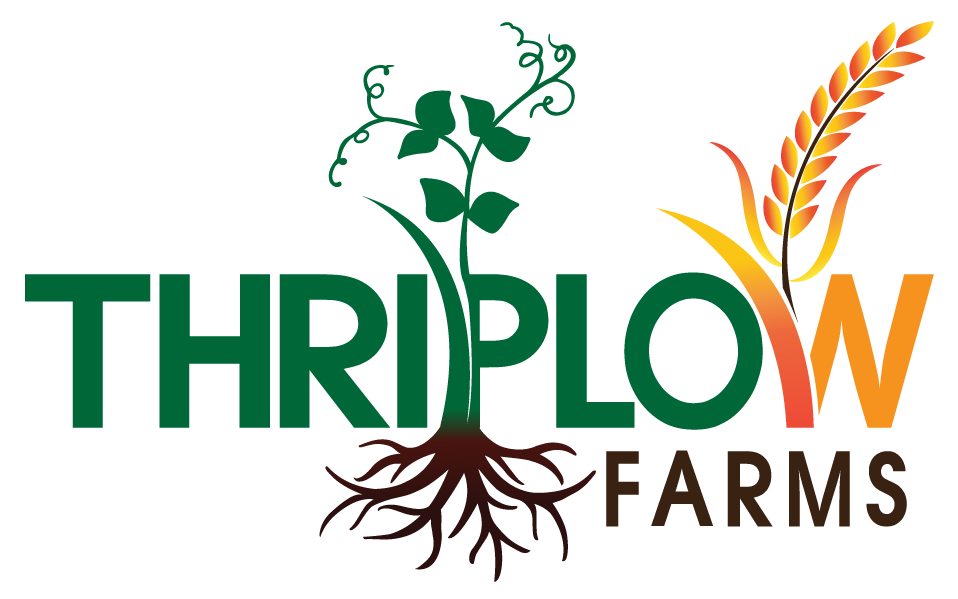WTFIH @ Thriplow Farms, March 2017
We are starting to get close to spring, when the farm comes back to life, and our proper work starts. There has a been a little taster of this already, when we put a small amount of fertiliser onto our oilseed rape in January, hoping to give it a bit of a boost. The weather has been slightly on the cold side for it to work perfectly, but as there has not been much rain all the fertiliser is still there in the ground, waiting to be used. Elsewhere we have applied little patches of the oilseed rape fields with a chemical to try and control a few problematic grass weeds that have popped up. The rest of the farm looks pretty good now, with the recent patch of warmer weather getting all the wheat going, even if it didn’t quite get warm enough for the rapeseed. Towards the end of February and beginning of March work will start in earnest, with the first main doses of nitrogen fertiliser going onto the oilseed rape, winter barley, and wheat.I’m going to go slightly off the farm track now, because I want to mention pesticides. I’m pretty sceptical about a lot of them, and quite often give talks to farmers saying that we use too many, often for no real benefit. But there is a lot of news around at the moment about one in particular, glyphosate, often known as Roundup. Here’s a chemical which is less toxic than many things we eat all the time, like table salt, ibuprofen and caffeine. However, it has been classed as “probably carcinogenic to humans” - which I admit sounds rather ominous. But this is the same rating as red meat, and a lower rating than bacon & sausages, which are both labelled as “carcinogenic to humans” (note, no ‘probably’ about it). Glyphosate is one of the pesticides that we use which allows us to farm in a way I believe is a net benefit for the environment, soil health, and wildlife like ground nesting birds - and it also hugely cuts down the amount of diesel we burn. So please do bear this in mind when Facebook bombards you with posts about how evil the stuff apparently is.
